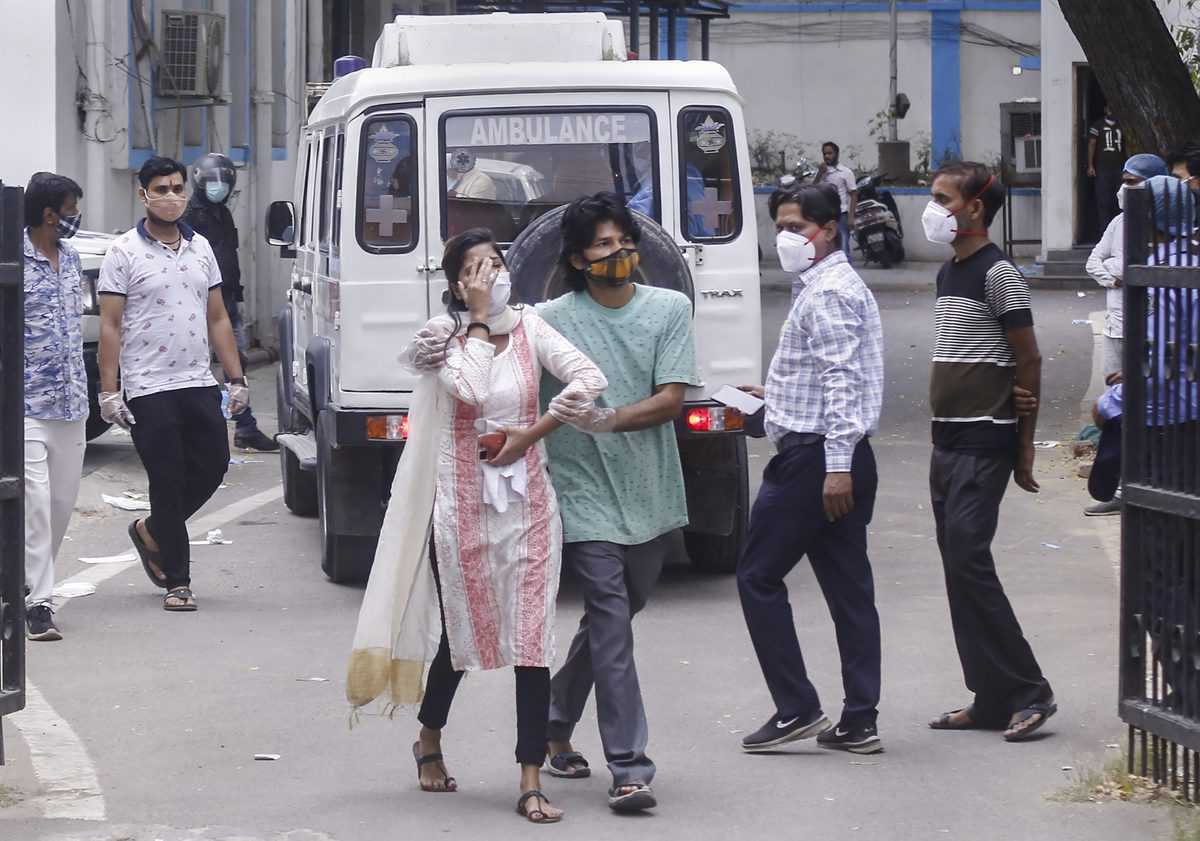New Delhi: The Covid-19 pandemic has created unprecedented stress on healthcare infrastructure in India, leaving other infectious diseases largely unattended and raising their risk of outbreaks, according to a White Paper by FICCI-Elsevier released on Saturday.
Other than Covid, India has a high burden of infectious diseases such as tuberculosis, which kills nearly one person in the country every minute.
The White Paper by FICCI’s working group on infectious diseases and a team of experts from AIIMS Jodhpur, thus called for developing a concrete strategy to deal with other infections and their aftermath.
The paper revealed that the delay in detection, diagnosis and treatment may lead to nearly 20 per cent more deaths in adults due to tuberculosis during Covid.
It noted that the pandemic reversed the achievements which were gained in past years in terms of the decrease in the number of cases of HIV and the decrease in children and adolescents who will access treatment. Models project 10 per cent more deaths due to HIV over the next five years.
Further, due to the pandemic national vaccinations programmes were also suspended and as a result, an estimated 20-22 lakh infants (approximately 260 lakh children per year) who are inoculated every month, were not vaccinated, increasing the threat of an outbreak of vaccine-preventable disease.
“New, existing, and re-emerging infectious diseases are estimated to be the cause of one-fourth of all deaths across the globe. The exponential rise in Covid cases during the pandemic shifted the health system’s priority to treating affected patients, severely impacting the care for patients with non-Covid diseases,” said (Hony) Brig Dr Arvind Lal, Chair, FICCI Swasth Bharat Task Force, in a statement.
“Disruptions in screening, case identification, rehabilitation, and referral systems have further resulted in a substantial decrease in the diagnosis of other infectious diseases as well as Non-Communicable Diseases (NCDs),” he added.
The paper recommends a dire need for the Indian healthcare ecosystem to focus on point-of-care solutions. This will bridge the gaps and strengthen healthcare professionals to tackle such epidemics and pandemics in the future.

